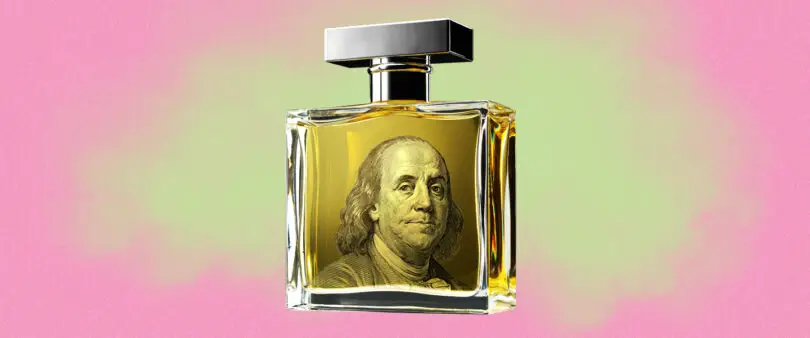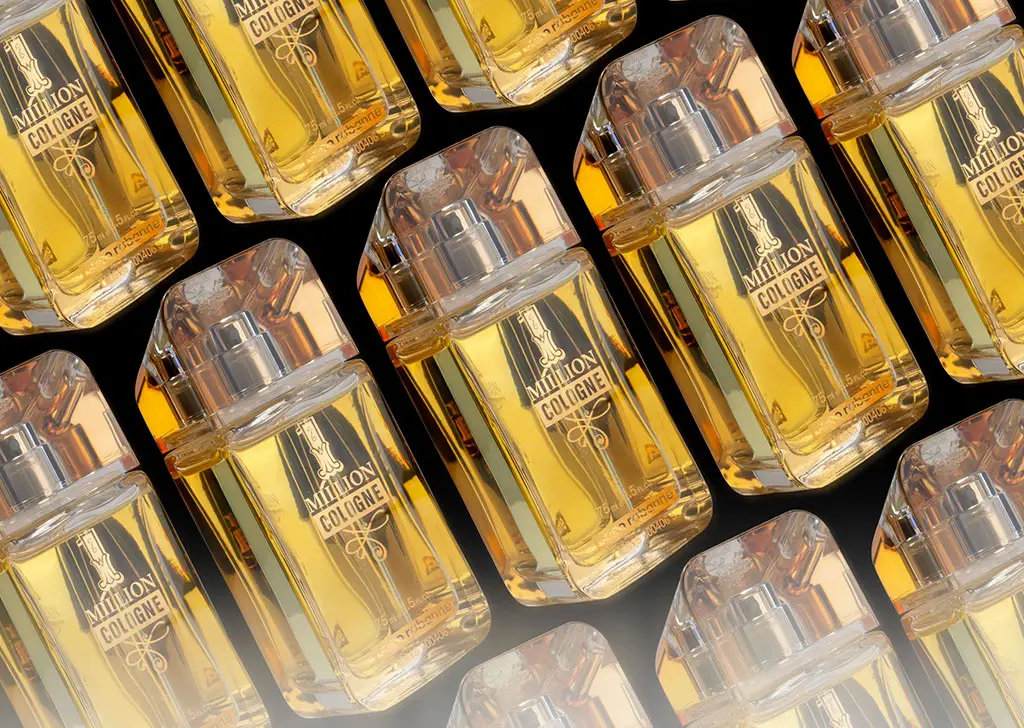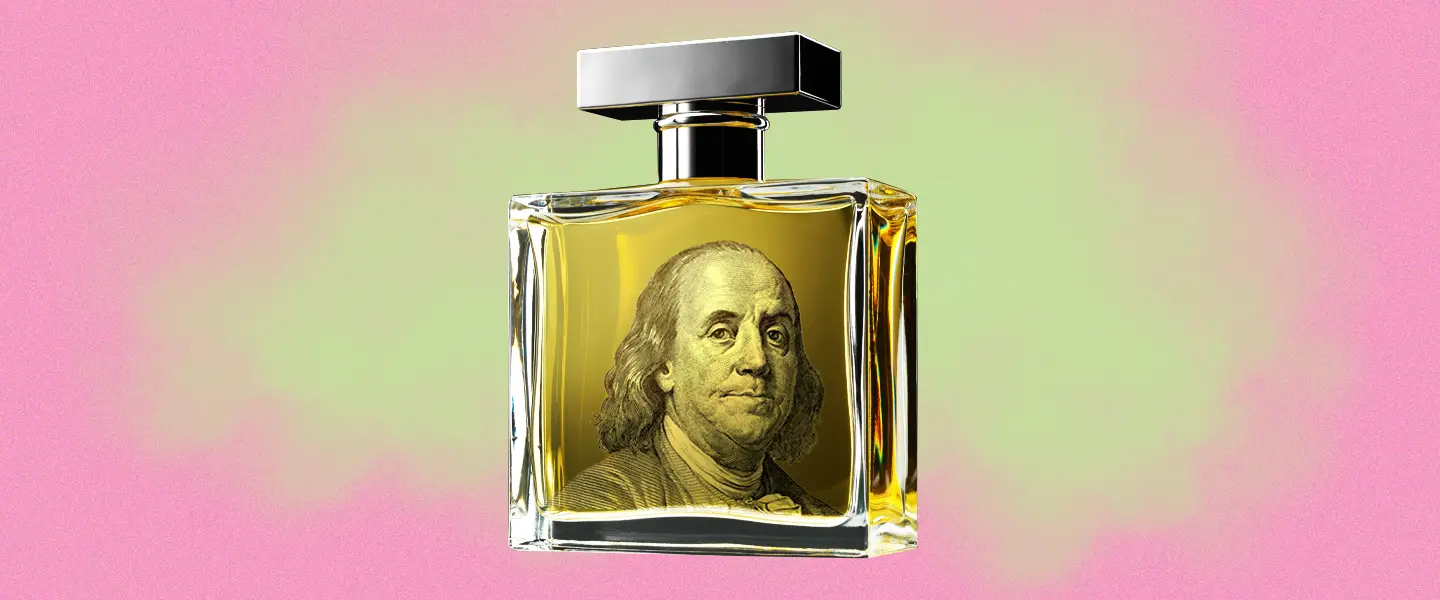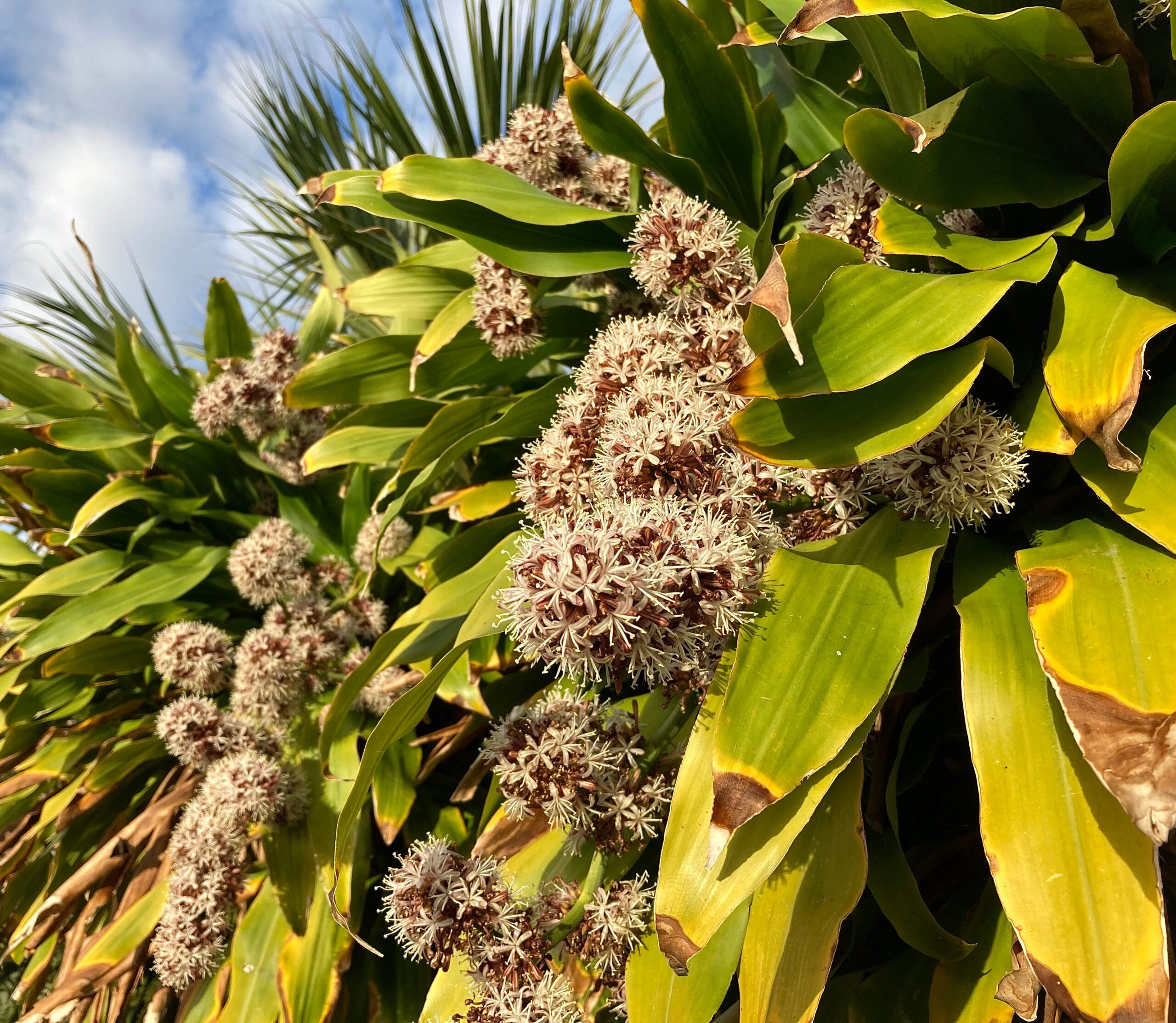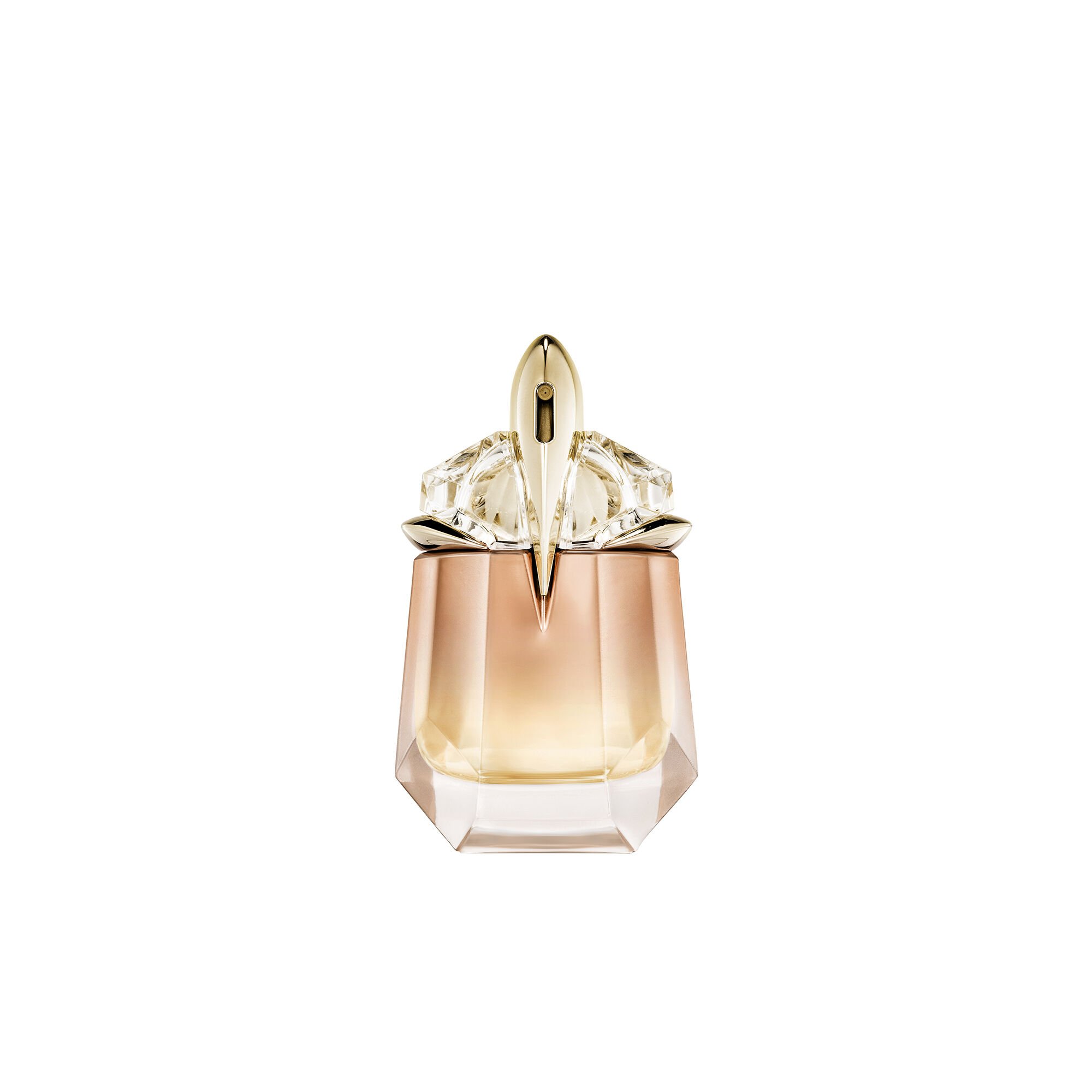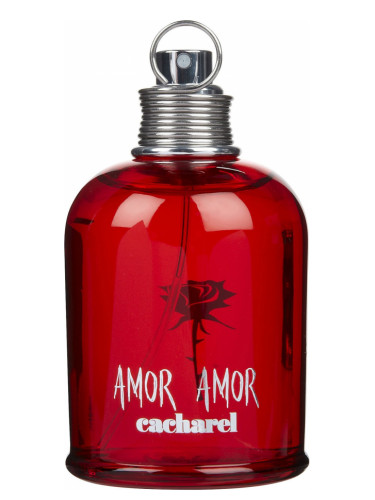Cologne is expensive due to high-quality ingredients and the brand’s reputation for luxury. Cologne is renowned for its expensive price tag, which can often leave consumers wondering why they have to pay so much.
The truth is that the cost of cologne is influenced by several factors. One of the main reasons for the high price is the use of high-quality ingredients, such as rare and exotic plant extracts. These ingredients are often sourced from distant locations and require a complex extraction process, which increases production costs.
Additionally, luxury cologne brands often invest heavily in marketing and packaging to maintain their reputation for exclusivity and prestige. The combination of these factors results in cologne being a luxury product that comes with a premium price.
The History Of Cologne Pricing
Cologne’s high price can be attributed to its rich history and the development of the industry. Factors like ingredients, craftsmanship, and branding played a significant role in early cologne pricing. The carefully chosen ingredients and meticulous craftsmanship required for production contributed to the luxury appeal of cologne.
Moreover, the branding and marketing strategies employed by fragrance houses further increased the perceived value of their products. As the industry developed, the demand for cologne grew, leading to higher prices driven by market forces. Over time, cologne became synonymous with prestige and luxury, making it a sought-after commodity among consumers willing to pay a premium.
The history and development of the cologne industry have shaped its pricing structure, making it an expensive and desirable product in the market.
Understanding The Ingredients
Cologne is often pricey due to the influence of various ingredients. Natural materials, for instance, significantly impact the cost. Ingredients like rare flowers or exotic spices can drive up the price. On the other hand, colognes with synthetic ingredients tend to be more affordable.
Synthetic compounds can imitate the scent of natural materials, reducing production expenses. Additionally, the use of synthetic ingredients allows for consistency in fragrance, making it easier to replicate. Keep in mind that the quality and concentration of ingredients also contribute to the cost.
High-quality raw materials and a higher concentration of fragrance oils will result in a more luxurious and expensive cologne. When it comes to understanding the pricing of colognes, it’s vital to consider the types of ingredients used and their impact on production and fragrance quality.
Brand Influence On Cologne Pricing
Cologne prices are influenced by branding, particularly prestige and luxury brands. These brands create a sense of exclusivity and luxury, which drives up the price. Marketing strategies also play a role in the expensive nature of colognes. Brands invest heavily in advertising and promotion to create a strong brand image and recall value.
This further enhances the perceived value and justifies the higher price tags. Additionally, the use of high-quality ingredients and the attention to detail in the manufacturing process contribute to the cost of production, ultimately making cologne expensive. So, the next time you wonder why cologne is so pricey, remember that brand influence, marketing strategies, and the pursuit of prestige and luxury all play a significant role in determining the cost.
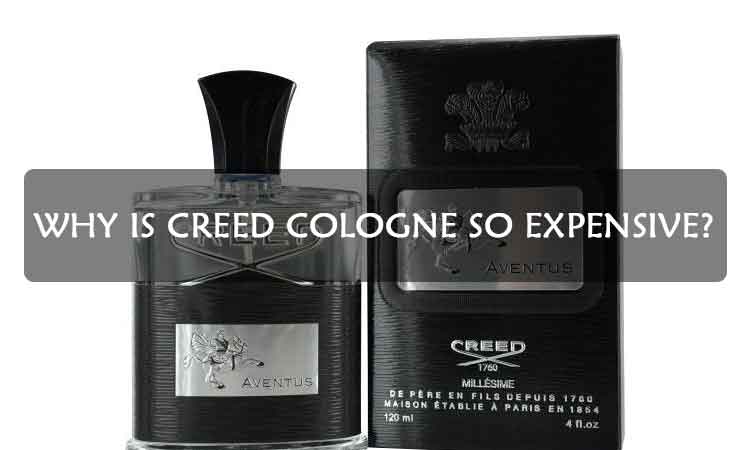
Credit: mycustomscent.com
The Impact Of Packaging And Presentation
Cologne can often be more expensive due to its packaging and presentation, which play a vital role in perceived value. Packaging that is designed innovatively can significantly impact the overall cost of the product. This is because the quality and uniqueness of the packaging can enhance the perceived value of the cologne.
Brands invest heavily in packaging to create a premium image and attract customers. The materials used for packaging, such as glass or high-quality plastics, can also contribute to the higher cost. Additionally, the presentation of the cologne, such as the box it comes in or the luxurious wrapping, adds to the overall expense.
Therefore, when considering why cologne is expensive, it’s important to take into account the impact of packaging and presentation on the perceived value of the product.
Manufacturing And Production Costs
Cologne is expensive due to high manufacturing and production costs, including labor expenses and operational overheads. The intricate process of creating cologne involves skilled workers and specialized equipment, leading to higher wages and increased material costs. Additionally, meticulous quality control and testing measures are implemented to ensure the fragrance meets industry standards, further driving up the overall expenses.
These factors contribute to the high price tag associated with cologne. Manufacturers prioritize quality and precision in production, which adds to the value and exclusivity of the product. As a result, consumers have to pay a premium for the craftsmanship and attention to detail that goes into creating luxurious colognes.
Distribution And Retail Markup
Cologne is often expensive due to the costs involved in its supply chain and distribution. The process of getting cologne from its manufacturers to the retail shelves involves multiple steps and expenses. From packaging and transportation to storage and handling, each stage in the distribution process incurs costs, which ultimately get passed on to consumers.
Additionally, retailers markup the price of cologne to ensure they make a profit from selling this luxury product. This markup helps cover their own expenses, such as rent, staff salaries, and other operational costs. Ultimately, the combination of supply chain and distribution costs, along with retail markups and profit margins, contribute to the overall high price of cologne.
However, despite its higher price tag, many individuals are willing to invest in cologne for its quality and long-lasting fragrance.
Cultural Factors
Cologne being expensive can be attributed to cultural factors, in particular, the perception of it as a status symbol. Different cultures place high value on luxury and prestige, viewing expensive cologne as a symbol of wealth and sophistication. This perception drives up demand for premium brands, which in turn leads to higher prices.
Additionally, the production and sourcing of high-quality fragrance ingredients can be costly, further contributing to the higher price tag. Furthermore, the marketing and packaging of cologne are also designed to enhance its image as a luxury product, adding to the overall expense.
Ultimately, the cultural significance attached to cologne and its association with social status plays a significant role in its premium pricing.
Consumer Demand And Pricing
Cologne can be expensive due to consumer demand and pricing influenced by supply and demand. The cost of cologne is affected by the availability of fragrance ingredients, packaging, marketing, and brand reputation. Companies often leverage consumer behavior and psychology of pricing to maximize profits.
Limited edition or exclusive fragrances can drive up the price, creating a sense of exclusivity and desirability. Furthermore, the brand’s reputation, marketing strategies, and perceived value also play a significant role in the pricing. High-end and luxury cologne brands can command premium prices due to their perceived quality and prestige.
On the other hand, lower-priced options may still provide good quality but lack the brand association and marketing efforts. Ultimately, cologne pricing is a result of various factors that cater to consumer demand and market dynamics. So, it’s essential to understand these factors while considering the expense of cologne.
Counterfeit And Replica Cologne
Counterfeit and replica cologne have a significant impact on the pricing of genuine cologne products. The presence of fake colognes in the market creates a sense of insecurity among consumers. These counterfeits not only deceive buyers, but they also harm the reputation of the original brands.
As a result, genuine cologne manufacturers need to invest in stringent security measures and quality control processes, which increase their production costs. Moreover, the availability of cheap replicas dilutes the demand for authentic colognes, making it challenging for manufacturers to maintain high prices.
This phenomenon often results in higher prices for genuine colognes as companies try to compensate for the loss of revenue caused by counterfeit products. Therefore, consumer awareness about the risks of purchasing fake colognes is essential to support the market for genuine cologne products and maintain reasonable pricing.
Sustainable And Ethical Practices
Cologne’s high prices can be attributed to sustainable and ethical practices employed by fragrance manufacturers. These practices have a significant impact on production costs. Eco-friendly cologne, for instance, uses responsibly sourced materials and relies on ethical production methods, driving up the overall expenses.
Brands that prioritize sustainability often invest in research and development to create innovative and eco-conscious formulas. This commitment to ethical and environmentally friendly practices further adds to the cost. Additionally, eco-friendly cologne producers adhere to stringent regulations and certifications, ensuring the integrity of their products.
These factors, combined with the limited availability of sustainable ingredients, contribute to the higher price point of eco-friendly cologne compared to conventional alternatives. Despite the higher cost, customers are increasingly willing to invest in these products, recognizing the importance of supporting sustainable and ethical beauty practices.
Future Trends In Cologne Pricing
Cologne is often expensive due to emerging technologies and changing consumer preferences. Advanced manufacturing techniques and innovative ingredients contribute to the rising costs. Additionally, market changes and demand fluctuations also play a crucial role in determining the pricing of cologne products.
As consumers become more conscious of quality and uniqueness, companies strive to meet their expectations, which impacts the overall cost. The introduction of new technologies in the production process requires significant investments and drives the prices higher. Furthermore, market forces, such as supply and demand dynamics, can cause price variations.
Therefore, understanding the relationship between emerging technologies, evolving consumer preferences, and market changes is crucial in comprehending the expensive nature of cologne.
Frequently Asked Questions Of Why Is Cologne So Expensive
Why Are Colognes So Expensive Now?
Colognes are more expensive now due to factors like high-quality ingredients and production costs.
Why Is Expensive Cologne Worth It?
Expensive cologne is worth it because it has high-quality ingredients and lasts longer.
Is Expensive Cologne Better?
Expensive cologne is not necessarily better; quality and personal preference matter more.
Is It Worth Wearing Cologne?
Yes, wearing cologne is worth it as it enhances your fragrance and boosts your confidence.
Conclusion
Overall, it is evident that there are several factors contributing to the high prices of cologne. From the intricate production process to the use of quality ingredients, cologne manufacturers prioritize delivering a luxurious and long-lasting fragrance experience. The branding and marketing strategies employed by high-end cologne brands further add to their expenses.
In addition, the packaging, distribution, and retailing costs also play a significant role in increasing the final price tag. It’s crucial to understand that the price of cologne isn’t just a reflection of its scent, but also represents the craftsmanship, quality, and image associated with the brand.
Therefore, if you’re someone who appreciates the artistry and exclusivity behind fine fragrances, investing in a more expensive cologne can be a worthwhile experience. However, it’s also important to consider your budget and personal preferences when making a purchase. Ultimately, the decision is yours to make based on what you value the most in a cologne.

